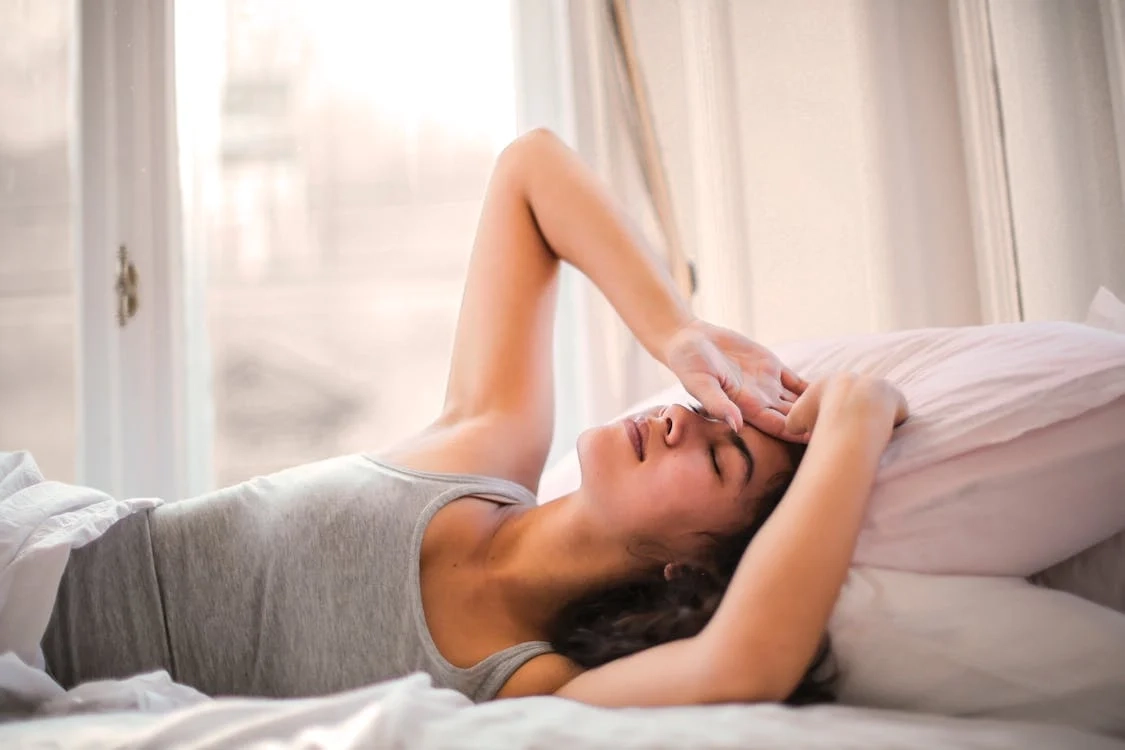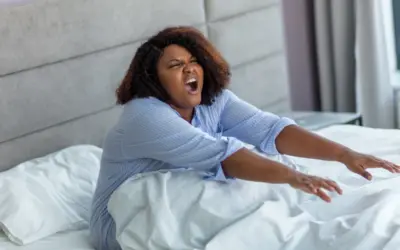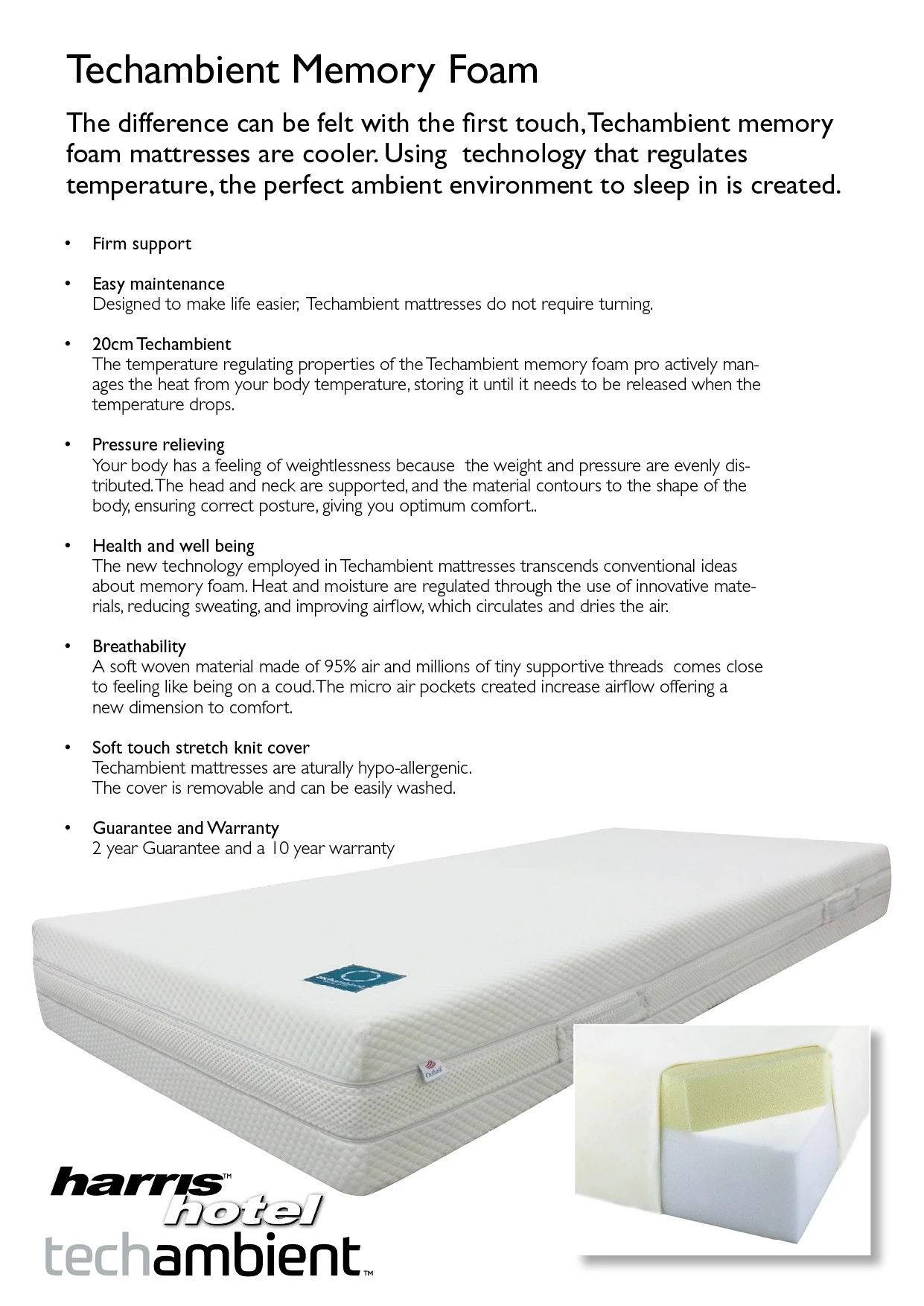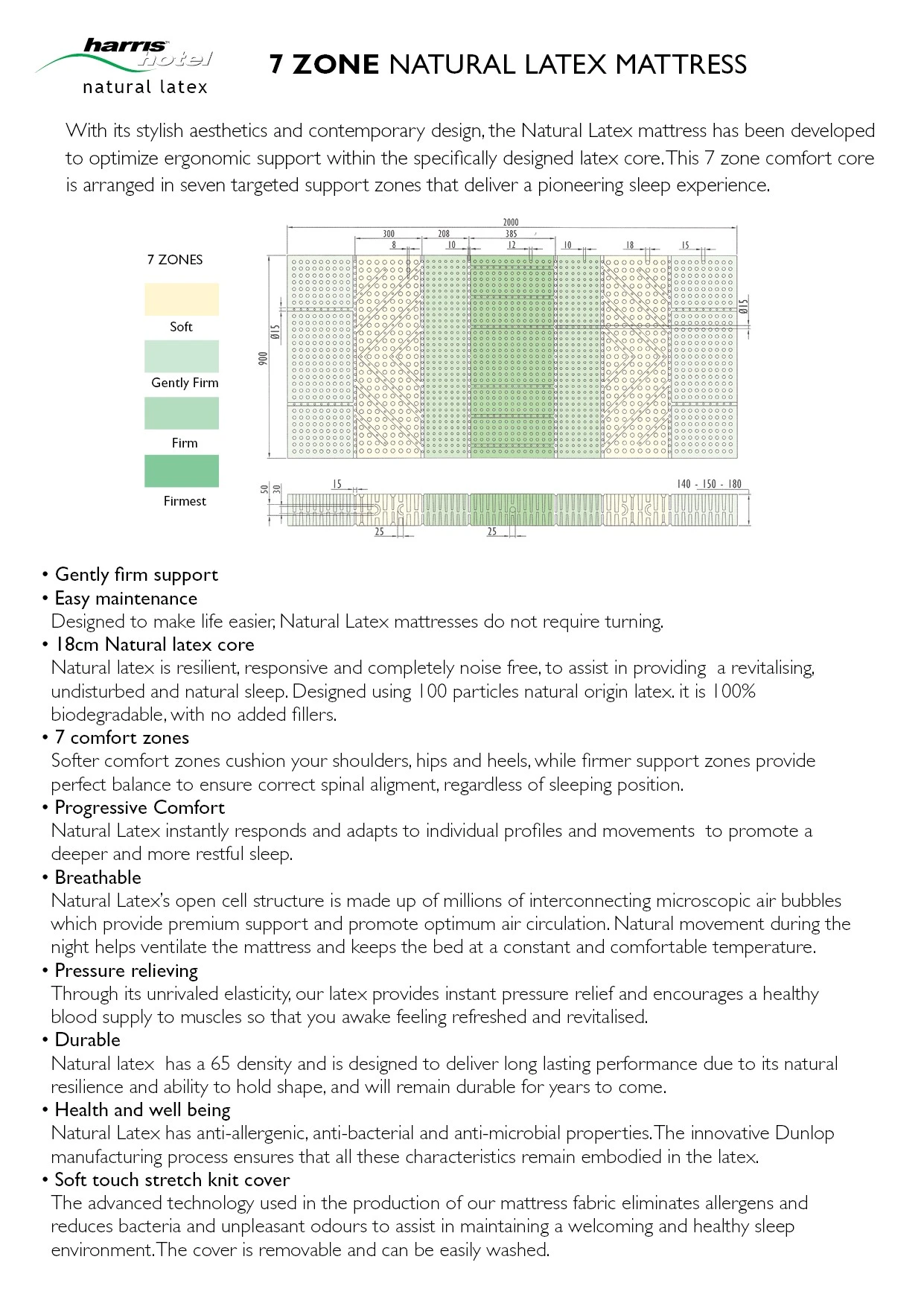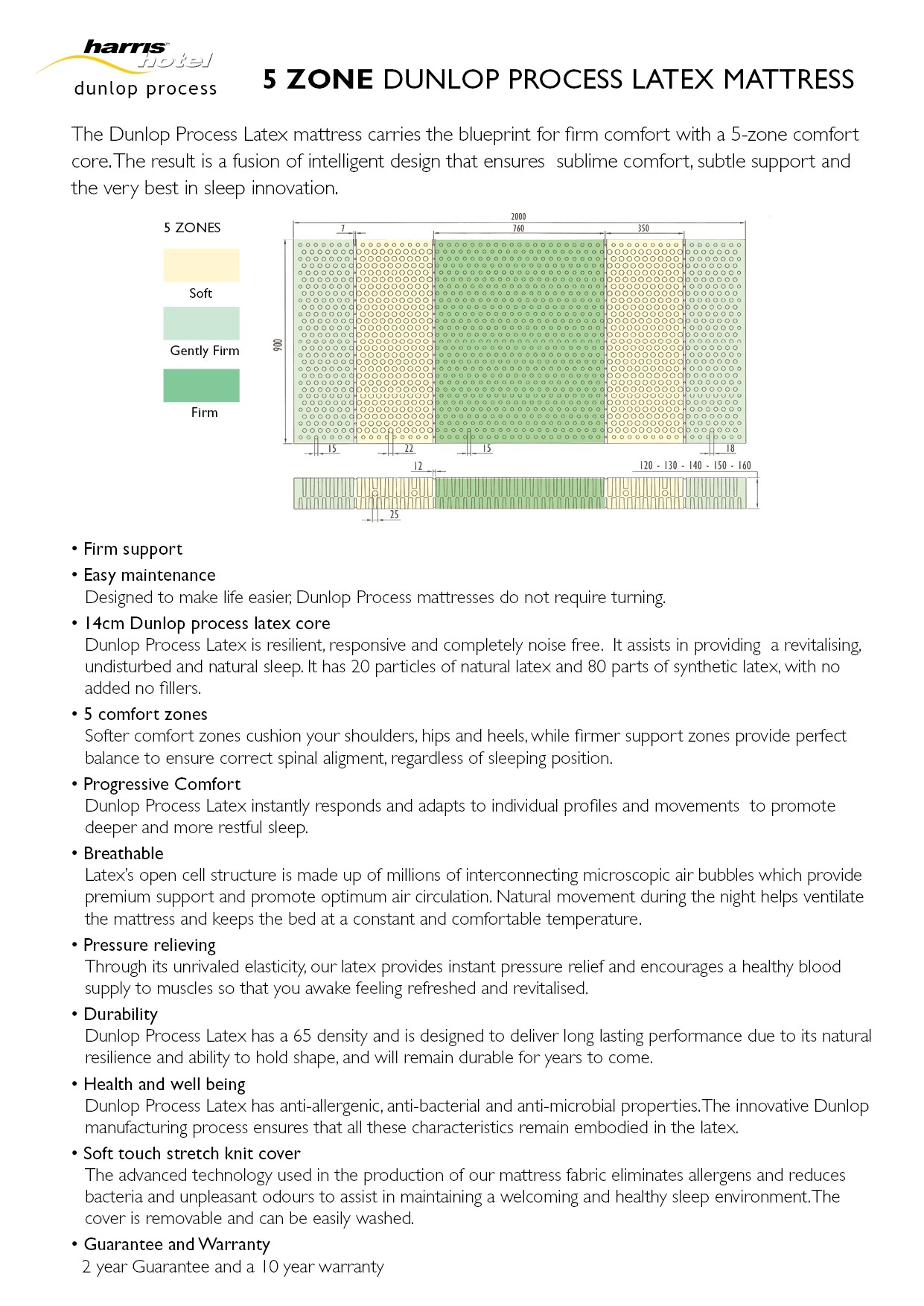Before even opening your eyes, a relentless, dull pounding in your head signals the start of the day. Instead of the anticipated freshness of waking up from a rejuvenating night’s sleep, you’re greeted by the unwelcome companion of a headache. A variety of thoughts may cross your mind… Did I sleep badly? Has my pillow collapsed? Why do I feel hungover? Can a mattress cause headaches?
Why do I wake up with a headache?
You’re not alone in this struggle. A National Library of Medicine survey conducted in 2021 states that, globally, morning headache disorders affect approximately 29% of the population and are more frequent in women than in men. There are several causes for morning headaches. Let’s unpack them.
Sleep Apnea
Sleep apnea is a sleep disorder characterised by interrupted breathing during sleep. The most prevalent type is obstructive sleep apnea, which occurs when the muscles in your neck and throat relax while sleeping. The throat presses down on your windpipe and obstructs airflow, partially or completely choking you as you sleep.
Because your brain is wired to keep you alive all night (thank goodness!), you’ll wake up every time your airways choke up. Even so, the shortage of oxygenation and poor sleep quality can result in morning headaches and grogginess.
Teeth Grinding
If you’ve turned your molars into a late-night grindcore band, you might wake up with a headache orchestra playing in your head. Grinding your teeth while you sleep can put extra pressure on your jaw muscles, leading to tension headaches.
Poor Ventilation
Low oxygen levels are a common cause of what we call “cluster headaches”, which are typical where homeowners seal windows and close bedroom doors at night. You might be trying to keep warm air in, or running the air-conditioning on a sweltering summer night, but allowing fresh, natural air to circulate while you sleep could help prevent morning mental fog.
Insomnia
It’s hard enough to “rise and shine” when you’ve spent a night tossing and turning for no good reason. Sleep deprivation can seriously affect your overall well-being by disturbing the body’s natural circadian rhythm, hindering mental performance, and impeding your immune system. And, of course, a night of staring at the ceiling could leave you feeling like you’ve got a hangover!
Stress
Whether it’s work deadlines, never-ending to-do lists, or personal problems, stress creates chaos in your sleep quality and could contribute to chronic fatigue and aches and pains. Muscle tension, racing thoughts, and hyperarousal can make it difficult to relax into a night of rest, leading to fretful, poor sleep, aggravated tension, and – you guessed it – a morning headache.
Oversleeping
Yes, there is such a thing as too much of a good thing, even when it comes to sleep. While we all love a long, luxurious beauty sleep, oversleeping can be an indication of depression or an underlying medical condition. Oversleeping messes with your body’s internal clock, leaving you feeling groggy and headache-prone, especially when you wake up in the morning.
Tips for Waking Up Refreshed and Headache-Free
“Revamp Your Lifestyle… How?”
The American Migraine Foundation advises using the SEEDS mnemonic to guide lifestyle habits that can help manage migraines – and morning headaches.
-
S – Sleep
Say it with me now: routine, routine, routine. Good sleep isn’t just about getting a solid eight hours – if you’re wondering about the importance of sleep and how to get it, consider sleep hygiene as a whole. Stick to a regular sleep schedule and create a bedtime routine that tells your brain, “Hey, it’s wind-down time!”
-
E – Exercise
Regular physical activity improves sleep quality and helps alleviate stress and tension. It’s also good for circulation, which is good for you! The physical exertion also shows up in energy levels, feel-good hormones, and better sleep, which is linked to mitigating the likelihood of morning headaches and migraines.
-
E – Eat
Watch what you eat and drink – not just before bedtime, but all day long. Individuals who are prone to headaches are encouraged to eat six small meals throughout the day, avoiding processed sugar, heavy meals, high caffeine doses, and excessive alcohol. Staying hydrated is key to avoiding headaches in general too.
-
D – Diary
No, not the dear diary kind! A sleep diary can help pinpoint any patterns or triggers for your morning headaches. Note your bedtimes, wake-up times, and any factors that may have influenced your sleep, such as daily activities, diet, and potential stressors. Keep a log of headaches, recording the location, severity, and length of the headache. In time, you may be able to identify various factors that trigger early morning headaches.
-
S – Stress Relief
Find healthy outlets for stress, such as meditation, yoga, or indulging in your favourite hobby. A relaxed mind leads to restful sleep, headache-free mornings, and a greater sense of well-being in general.

I’ve Done All That! Can A Mattress Cause Headaches?
So, you feel like you’ve done everything to facilitate a healthy lifestyle and sleep routine. Let’s address the elephant in the room – or rather, the bed. Can a mattress cause headaches? The short answer is that, yes, your mattress can affect your sleep and aggravate morning headaches.
First, the quality and age of the mattress are crucial. An old or sagging mattress fails to provide adequate support to your body, leading to poor spinal alignment and muscle strain. This could exacerbate sleep apnea or place strain on your neck and shoulders. As your muscles attempt to compensate for the lack of support during the night, you’ll likely wake up with a nasty tension headache, and probably a sore neck too.
Another factor that may determine whether or not your bed is causing you headaches is your choice of mattress. A bed should align with your sleep style and be the correct firmness for your weight.
For example, if you’re a side sleeper, you’ll benefit more from a firm mattress as it supports your spine in a well-aligned position. However, if you have a light body weight, a gentle-firm mattress may be better to alleviate the pressure on your hips and shoulders. On the flip side, if you’re a heavier-set back sleeper, an overly soft plush mattress might not provide sufficient support for naturally heavier zones – and you may wake up with a headache and other aches and pains.
For those who aren’t sure what mattress is best for headache-free happiness – or those whose sleeping partner has completely different sleep requirements – the Harris Hotel Orthopedic BackZone mattress offers a fantastic solution. This meticulously-designed bed is chiropractically endorsed and provides the balance of ideal gentle firmness and ergonomic support that allows your muscles to rest, at last.
- Enjoy a combination of nested and parallel pocketed springs designed according to international chiropractic standards.
- The reinforced middle third of the mattress provides extra lumbar support for perfect spinal alignment.
- A gentle-firm 2-density foam offers just-right support for people of different shapes, sizes and sleep styles, while enhancing breathability and temperature control.
- Say goodbye to morning sinus headaches – all Harris Hotel beds are treated with Aloe Vera, a stunning solution to free your mattress from dust mites and other allergens.

If you’ve been wondering, “Can a mattress cause headaches?”, consider upgrading your mattress to improve your sleep quality and prevent the muscular-skeletal strain of an old or unsuitable mattress. Explore a range of options available at Fit For Bed stores and receive expert recommendations from our in-store mattress consultants.

